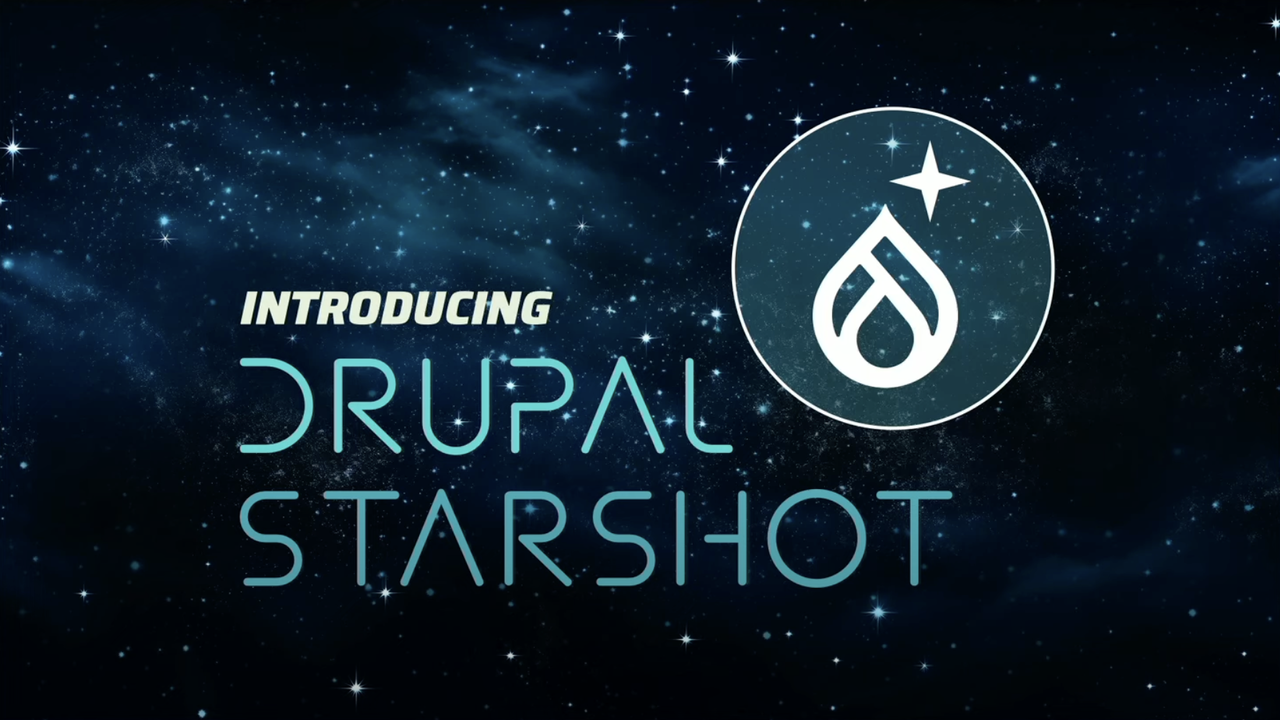Exploring the Pros and Cons of Drupal: A Comprehensive Analysis
Drupal, a robust content management system favoured by experienced developers, offers a wide array of functionalities and access to numerous plugins, making it a versatile choice for website creation. An insightful article authored by Łukasz Dudziński and featured on the StrefaKodera.pl explores the most prominent advantages and disadvantages of the Drupal content management system.
As an open-source application, Drupal is freely available and boasts a rich ecosystem of modules to enhance website capabilities. It excels in content management, allowing users to handle various types of content, from text and podcasts to statistics and video content, making it truly versatile.
One of Drupal's key advantages lies in its user management capabilities, enabling administrators to assign specific permissions to users for efficient website management. Furthermore, the system excels in content categorization, offering flexible options such as URL-based categorization.
Its extensive library of plugins, exceeding several thousand options, grants users access to a wealth of additional features, and the platform's open-source nature allows for easy access and even the creation of custom plugins. Proficiency in Drupal is highly regarded, particularly in web development, making it a valuable skill set for professionals, including Java programmers.
However, Drupal does come with its fair share of drawbacks. Notably, its installation process can be challenging, especially for newcomers, making it less suitable for beginners. Additionally, compared to other content management systems like WordPress and Quick.cms, Drupal tends to place a heavier load on servers, impacting overall efficiency. This limitation can pose challenges for websites with substantial daily traffic. Users seeking to mitigate this issue can turn to dedicated plugins designed to optimize Drupal's performance.
Drupal's versatility and extensive functionalities make it a preferred choice for experienced developers. Its standout advantages are its capacity to handle diverse content types, user management features, and a plethora of plugins. However, the system's relatively intricate installation process and server load considerations are important factors when considering Drupal for a project. To learn more, access "Drupal – the biggest advantages and disadvantages of the system."
Disclaimer: The opinions expressed in this story do not necessarily represent that of TheDropTimes. We regularly share third-party blog posts that feature Drupal in good faith. TDT recommends Reader's discretion while consuming such content, as the veracity/authenticity of the story depends on the blogger and their motives.
Note: The vision of this web portal is to help promote news and stories around the Drupal community and promote and celebrate the people and organizations in the community. We strive to create and distribute our content based on these content policy. If you see any omission/variation on this please let us know in the comments below and we will try to address the issue as best we can.




















